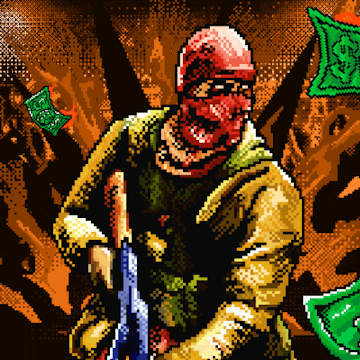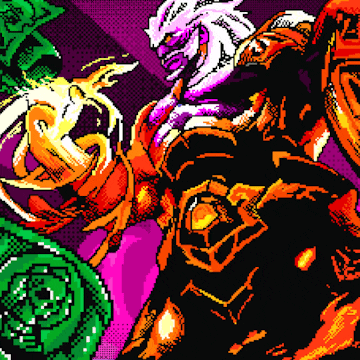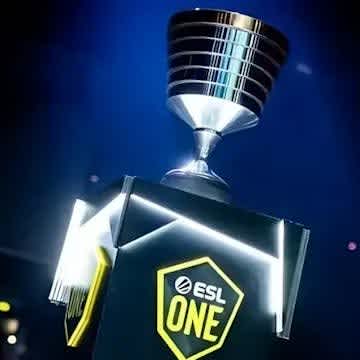The impact of coaches in CS:GO, or the hidden story of Fnatic’s Malmö win
The death of Fnatic had occurred, in most minds, many moons ago, so their resurgence at a recent DreamHack LAN was big news in the world of CS:GO. Unlike their compatriotic Ninjas, the Fnatic team didn’t have any memes about magic to make sense of their reappearance among the elites of Counter-Strike, leaving many pundits to conclude that they must be back for real, mainly down to the fact Golden and flusha had returned.
The DreamHack differences
While I do believe that the return of those two (and the IGL in particular) is a positive move for Fnatic, there was another factor at play: the DreamHack factor. Unlike the other significant events in CS:GO , the rules for coaches allow them to speak to their players in every freeze time, rather than just timeouts.
Looking back at previous DreamHack events, you can even see this manifest in some of the winners, with the likes of North and Fnatic able to take titles alongside usual suspects of Team Liquid and Astralis. There was even a time when it looked like CS might become a six-man game, with the coaches able to talk at all times and pilot their players across the map, which would have made the esport a very different one than it is today.
Probably the first, and most obvious difference in CSGO between how we see it now and how things might be in the DreamHack universe is the role of the in-game leader. It is arguably the most valuable role in the game by now, especially when you consider the crazy influx of talent we’ve seen come up as kids that grew up in GO reach competitive ages, and every significant team has a significant leader, be they karrigan, gla1ve, nitr0, FalleN or Aleksib.
A brave new world
Likewise, the impact of a sub-standard IGL can be incredible on a team, as the Na’Vi/Zeus/Kane axis of mediocrity demonstrated, even in the face of s1mple’s inhuman brilliance. Likewise, starix’s career careened off the tracks in Na’Vi the moment Valve curtailed the impact of coaches. Though it’s tough to chart such individual stories based on just this facet of CS:GO esports players like gla1ve and nitr0 would have had very different careers in this alternate universe of ours.
Read more: Best-of-three or best-of-five: which is better?
By the same logic, the coaching role would be extremely valuable, and we might even have superstars of the game that never click a face or plant a bomb. In a world where the coach can talk at almost all times, players like gob b, Ex6TenZ and B1ad3 – now installed as coach at Na’Vi – may have retired earlier too and moved in the coaching role with the extra value that it would logically carry.
This would also mean that teams could have an extra gun, or at least the sides with low-fragging IGLs would have the option to go “full FaZe Clan” and just invest in people with great aim rather than needing at least a single brain in the game. Arguably, this would also lead to a better understanding of what the role of coaches should be in CS – and with that, and a better standard of coaching –, as the man behind the team would have to carry more of the can.
Whether this would have had a direct effect on results is hard to say – as it would change things both on a long- and short-term basis – but it’s likely that we’d still see the old adage of form is temporary, class is permanent play out in a lot of cases. Team Liquid and Astralis have both taken DreamHack events even with the coaching rules in the past, and it’s also worth pointing out that Fnatic’s win in Malmö came off the back of an incredibly stupid schedule that saw the best teams playing back-to-back events, with predictable effect on their level of play.
Speaking of Liquid, if they had been able to play under DreamHack rules through the zews era, then we might never have seen the Danes lift three Majors, but that’s impossible to prove. In theory, a more coach-centric gameplay experience could have led to an even higher standard of play, with every man focused more on their crosshairs than the macro side of the game. Only one thing is for sure: the game of CS:GO would be very different to the one we know today.
Photo credit: HLTV





